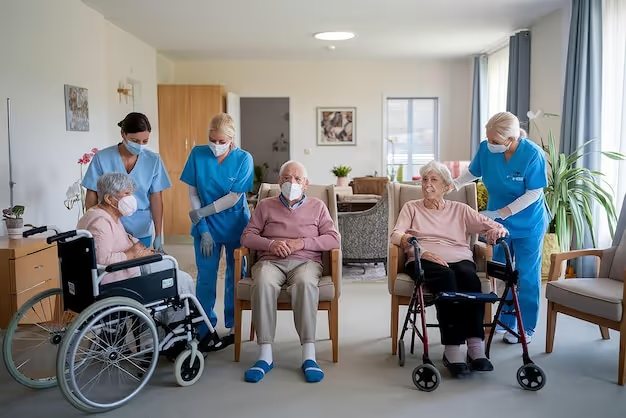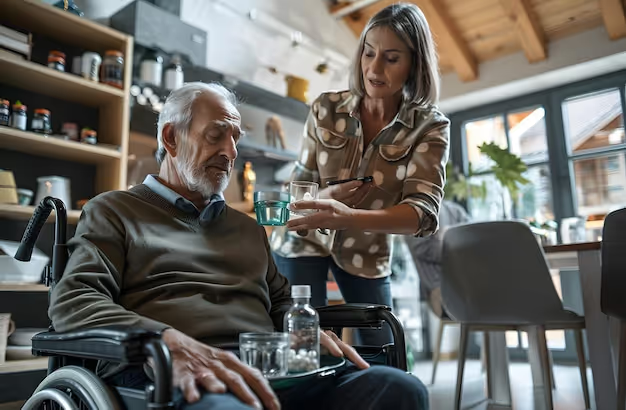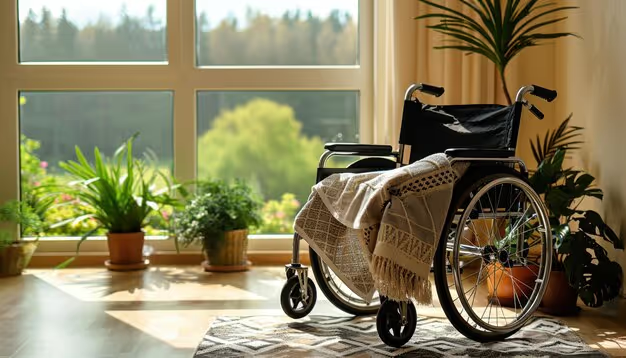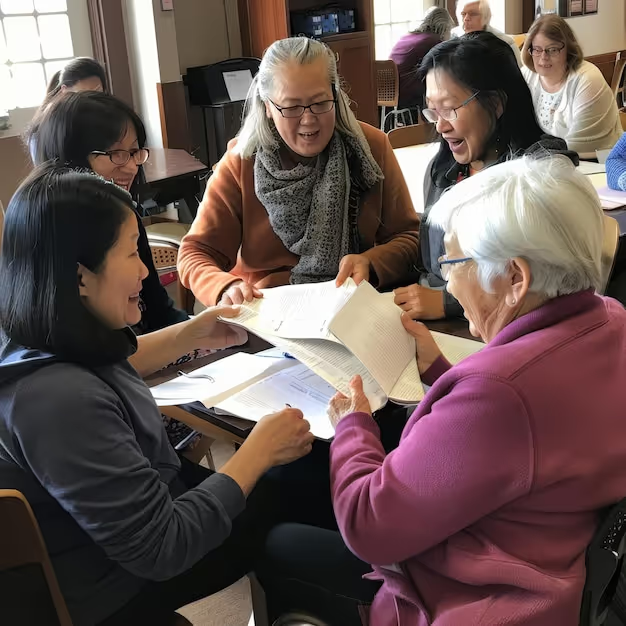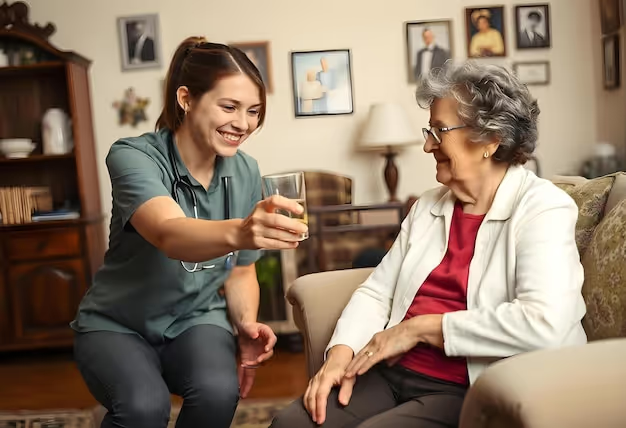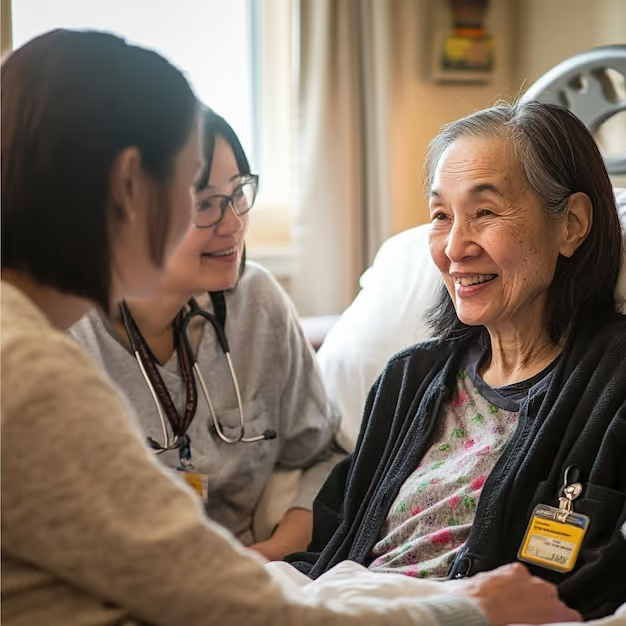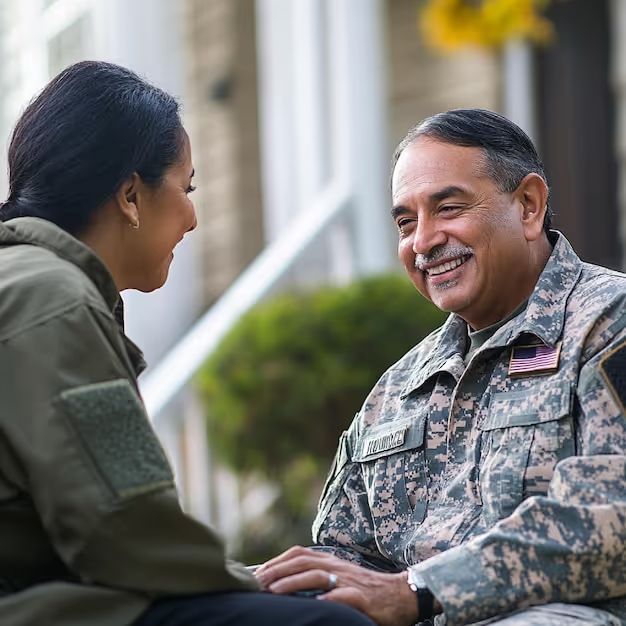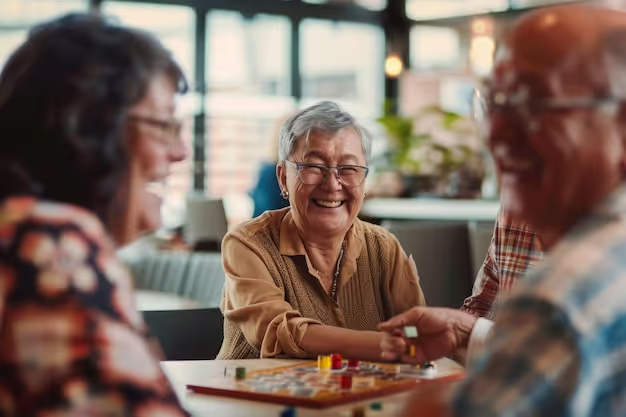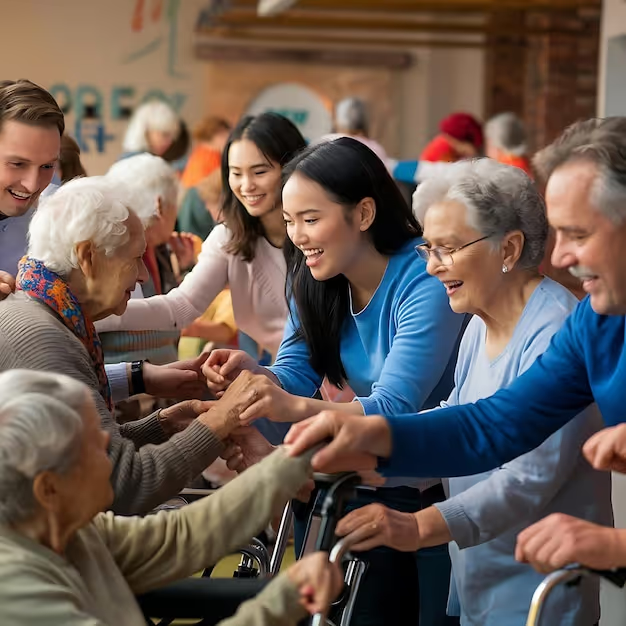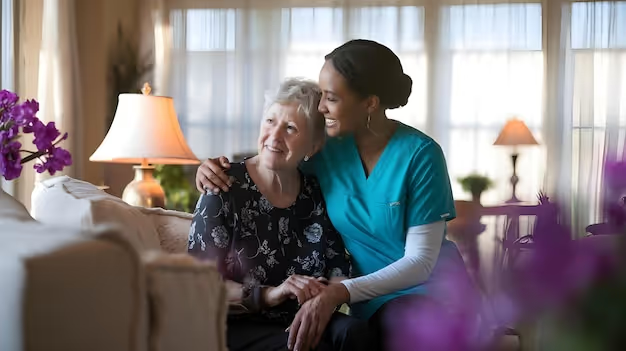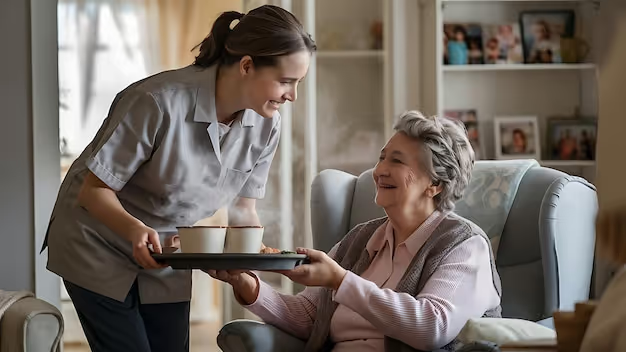The Path to Healing: NY Caregiver Support Groups Provide Solace
Discover solace and support in NY caregiver support groups. Find healing on your path with CaringKind's diverse programs.
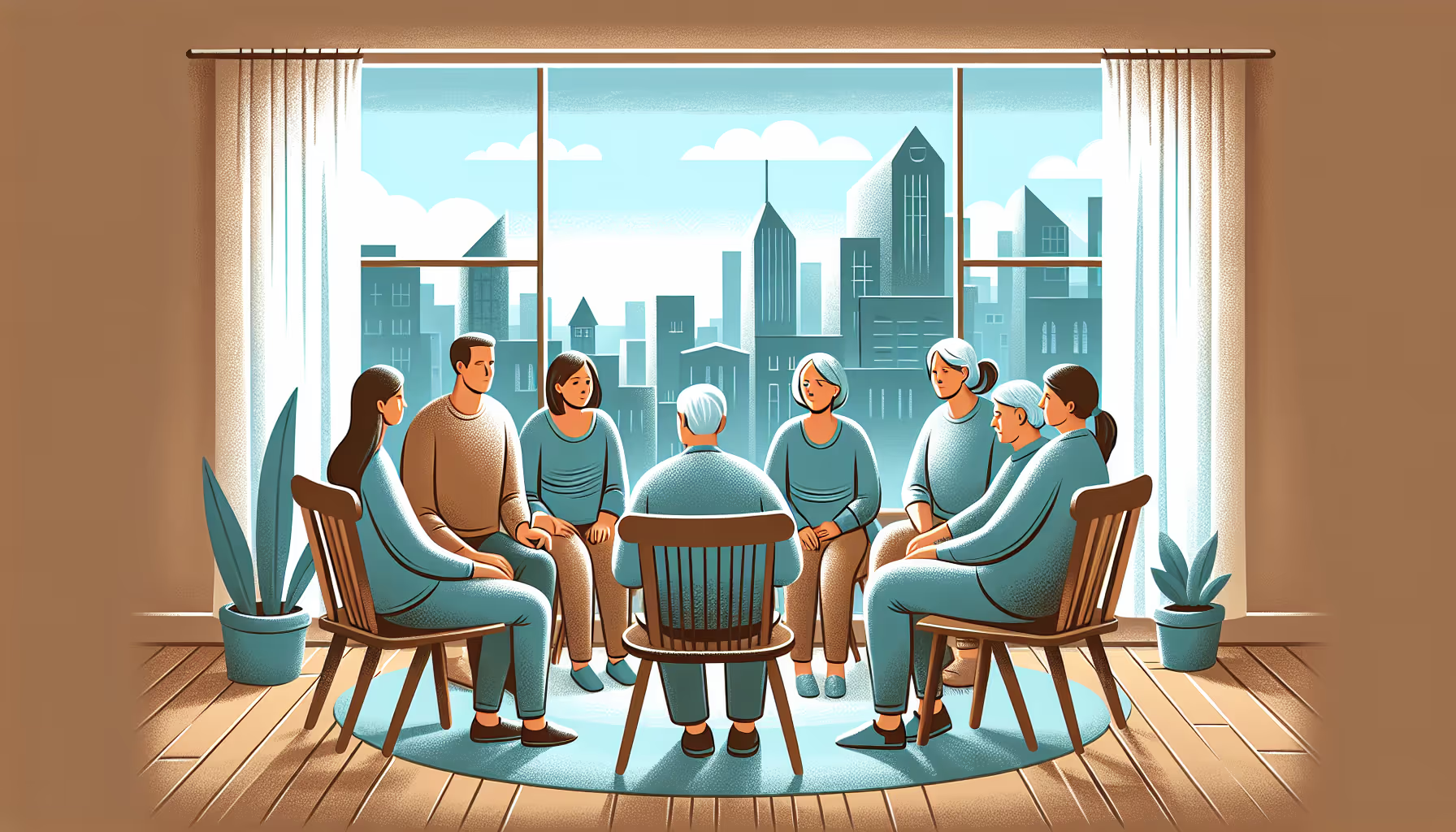
Caregiver Support in New York
Providing care for a loved one can be both rewarding and challenging. In New York, there are various caregiver support programs available to assist caregivers in their journey. These programs offer valuable resources, guidance, and a sense of community. Two prominent sources of caregiver support in New York are the caregiver support programs offered by CaringKind and the services provided through NYC Aging.
Overview of Caregiver Support Programs
CaringKind, a leading organization in Alzheimer's and dementia care, offers a range of support programs to assist caregivers. These programs aim to provide emotional support, education, and practical advice to those caring for individuals with Alzheimer's and related dementias.
One of the primary support options offered by CaringKind is support groups for Alzheimer's caregivers. These groups provide a safe and understanding environment for caregivers to share their experiences, challenges, and triumphs. Participating in a support group can help caregivers feel less alone and provide them with valuable insights and coping strategies.
In addition to support groups, CaringKind also conducts specialized workshops for caregivers. These workshops cover a wide range of topics related to caregiving, including stress management, communication techniques, and self-care strategies. These workshops provide caregivers with practical skills and knowledge to enhance their caregiving journey.
Finding Support Through NYC Aging
The NYC Department for the Aging recognizes the significant number of caregivers in New York City, estimated to be between 900,000 and 1.3 million [2]. To address this need, NYC Aging funds twelve community-based caregiver programs throughout the city. These programs offer a variety of services to support caregivers in their role.
Caregivers are encouraged to seek support by contacting Aging Connect at 212-AGING-NYC (212-244-6469) or by using the Services Finder on the NYC Aging website to locate the closest Caregiver Program in their neighborhood [2]. These caregiver programs provide a range of services, including counseling, respite care, and education, to help caregivers navigate their caregiving responsibilities.
By participating in caregiver support programs offered by organizations like CaringKind and accessing the resources provided by NYC Aging, caregivers in New York can find the support they need to navigate the challenges of caregiving. These programs not only offer practical assistance but also provide a sense of community and understanding. Caregivers can connect with others who share similar experiences, find solace, and access valuable resources to enhance their caregiving journey.
Support Groups Offered by CaringKind
When it comes to caregiver support in New York, CaringKind is a prominent organization that offers a range of support groups and programs. These initiatives aim to provide caregivers with the necessary resources, guidance, and emotional support throughout their caregiving journey. Let's explore two of the valuable support options provided by CaringKind: support groups for Alzheimer's caregivers and specialized workshops for caregivers.
Support Groups for Alzheimer's Caregivers
CaringKind offers nearly 70 support groups for caregivers of family members with Alzheimer's disease and related dementias. These support groups are available both virtually and in-person, providing caregivers with flexibility in accessing support. Led by trained facilitators, these groups offer a safe environment for caregivers to share experiences, exchange practical tips, and receive emotional support.
The support groups focus on addressing the unique challenges and concerns faced by Alzheimer's caregivers. Through mutual support and understanding, caregivers can find solace, gain valuable insights, and develop effective coping strategies. These groups provide caregivers with a sense of community and help reduce feelings of isolation that often accompany the caregiving journey.
Specialized Workshops for Caregivers
In addition to support groups, CaringKind offers specialized workshops designed to address the specific needs of caregivers. One such workshop is "Partnering Together," which is tailored for spouses/partners or family members who are new to supporting individuals with Mild Cognitive Impairment, Alzheimer's, or other forms of dementia. This 10-week virtual program provides weekly sessions that cover various topics, including brain function, coping with grief, and legal and financial issues. Through these workshops, caregivers gain knowledge, enhance their caregiving skills, and receive guidance from experts in the field [3].
These specialized workshops provide caregivers with a structured and supportive environment where they can acquire valuable information, share their concerns, and learn from others who are facing similar challenges. By participating in these workshops, caregivers can develop a deeper understanding of dementia, enhance their caregiving abilities, and find comfort in knowing that they are not alone in their journey.
CaringKind's support groups and specialized workshops play a crucial role in supporting caregivers throughout the caregiving process. Through these programs, caregivers can find comfort, gain knowledge, and develop the necessary skills to navigate the complexities of caregiving for individuals with Alzheimer's disease and related dementias. The impact and reach of CaringKind's programs are evident in the numerous interactions and support they provide to caregivers, as well as the ongoing support groups that collectively result in thousands of contact hours.
Services Provided by CaringKind
CaringKind, a renowned organization in New York, offers a range of services to support caregivers in their journey. Two notable services they provide are bereavement groups for former caregivers and their impactful programs that extend support to a large number of individuals.
Bereavement Groups for Former Caregivers
CaringKind recognizes the unique challenges faced by former caregivers who have lost someone to dementia. To address their specific needs, CaringKind offers bereavement groups that are 8 weeks long and held twice a year. These groups are tailored for adult children or spouses/partners who have experienced the loss of a loved one to dementia.
The bereavement groups aim to provide a safe space for participants to process their grief and navigate the complex emotions that accompany the loss. By joining these groups, former caregivers can find solace and support from others who have gone through similar experiences. The focus is on integrating their losses into their lives and coping with the adjustments that come with the loss of the person they were caring for and the change in caregiver role.
Impact and Reach of CaringKind Programs
CaringKind's dedication to supporting caregivers is evident through their extensive reach and impact. In 2023 alone, CaringKind conducted over 7,800 interactions with dementia care specialists, providing essential information and guidance to caregivers. They also facilitated 70 ongoing support groups, totaling over 14,000 contact hours. This demonstrates the significant commitment CaringKind has in providing support to caregivers of individuals with Alzheimer's disease.
In addition to their support groups, CaringKind offers various programs such as educational workshops and respite services to ensure caregivers have access to the resources they need to navigate their caregiving journey. These programs aim to equip caregivers with knowledge, skills, and much-needed respite, helping them manage the physical, emotional, and mental demands of caregiving.
CaringKind's comprehensive approach to caregiver support has made a positive impact on the lives of numerous individuals and families facing the challenges of dementia caregiving. By providing a range of services and support options, CaringKind strives to alleviate caregiver burden and improve the overall well-being of caregivers in New York.
For more information on caregiver counseling, stress management, burnout treatment, and self-care strategies, explore our articles on caregiver stress and caregiver self-care.
Importance of Caregiver Support
Being a caregiver can be emotionally and physically demanding, and it's crucial for caregivers to have access to the support they need. Joining caregiver support groups can play a significant role in providing the necessary assistance and understanding for caregivers in New York.
Benefits of Joining Support Groups
Caregiver support groups offer a safe space for individuals to share their thoughts, experiences, and challenges with others who are in similar situations. This sense of community can help alleviate feelings of isolation and provide a support system that understands the unique demands of caregiving.
By participating in support groups, caregivers can:
- Release Emotions: Sharing experiences and concerns with others who are going through similar situations can provide emotional release and validation. Caregivers can express their feelings without judgment, allowing them to find solace in knowing that they are not alone.
- Gain Coping Skills: Support groups offer a platform for learning and exchanging valuable advice on managing the daily tasks and challenges of caregiving. Caregivers can gather insights, techniques, and strategies from others who have faced similar situations, equipping them with effective coping skills [1].
- Promote Self-Care: Caregivers often neglect their own well-being while focusing on the needs of their loved ones. Support groups emphasize the importance of self-care and provide caregivers with tools and techniques to prioritize their own physical and mental health [1].
Addressing Stress and Mental Health
Caregiving can lead to significant stress and increase the risk of mental health disorders. Joining support groups can help caregivers effectively address these challenges and mitigate their impact. By sharing their experiences and learning from others, caregivers receive emotional support and gain valuable insights into managing stress and preventing burnout [4].
Support groups can also provide caregivers with a renewed sense of purpose and a space to develop techniques for self-care. Through discussions and educational resources, caregivers can learn strategies to manage stress, practice self-care, and maintain their mental well-being.
In conclusion, joining caregiver support groups in New York is essential for caregivers to receive the support, understanding, and resources they need. By participating in these groups, caregivers can experience emotional relief, gain coping skills, and prioritize their own well-being, ultimately enhancing their ability to provide quality care to their loved ones. For additional caregiver resources in New York, consider exploring educational workshops, respite services, and connecting with trained volunteers [4].
Diverse Support Options in NY
When it comes to caregiver support in New York, there are a variety of options available to cater to the diverse needs of caregivers. Caregiver support groups in NY come in many forms, ranging from formal meetings led by trained facilitators to informal gatherings of friends. These groups can be found in various settings such as community centers, hospitals, and even online platforms, ensuring that every caregiver can find a group that resonates with their unique situation and needs.
Types of Caregiver Support Groups
Caregiver support groups in NY provide a safe and understanding environment where caregivers can share their experiences, learn from each other, and gain emotional support. These groups offer a sense of community and understanding that may be difficult to find elsewhere. They can be particularly beneficial for caregivers who often feel isolated or overwhelmed. By connecting with others who are going through similar experiences, caregivers can find solace, encouragement, and practical advice.
Support groups for caregivers cover a wide range of topics and can be specific to certain conditions or situations. Some groups focus on supporting caregivers of individuals with Alzheimer's disease or other forms of dementia, while others may be tailored to caregivers of individuals with specific medical conditions or disabilities. Additionally, there are support groups for caregivers of veterans, children, and individuals with special needs. These diverse options ensure that caregivers can find a group that addresses their specific caregiving challenges and concerns.
Online Support Groups and Benefits
In addition to in-person support groups, online caregiver support groups have gained popularity in recent years. These groups offer several benefits, including the ability to connect caregivers without geographical boundaries. Caregivers can participate in online support groups from the comfort of their own homes, providing convenience and flexibility. Online platforms also allow for anonymity, allowing caregivers to freely express their thoughts and feelings without the fear of judgment. Furthermore, online groups provide access to a wealth of resources, including educational materials, expert advice, and practical tips for caregiving.
By joining online support groups, caregivers can connect with individuals who share similar experiences and concerns. They can engage in discussions, ask questions, and find support from a community of caregivers who truly understand their journey. Online groups can be particularly beneficial for caregivers who may have limited mobility or face time constraints. The flexibility of online support groups allows caregivers to access the support they need at any time that suits their schedule.
Caregiver support groups in NY, whether in-person or online, offer valuable resources and a sense of belonging to caregivers who dedicate themselves to the care of others. By participating in these groups, caregivers can find understanding, guidance, and the support necessary to navigate the challenges of caregiving. Alongside support groups, New York provides various resources, including educational workshops, respite services, counseling services, and financial assistance programs, to ensure caregivers have access to a comprehensive network of support [5].
Resources for New York Caregivers
Caregiving can be challenging, both emotionally and physically. Fortunately, there are resources available in New York to help support caregivers in their important role. These resources include educational workshops and respite services, as well as connecting caregivers with trained volunteers.
Educational Workshops and Respite Services
Educational workshops play a vital role in providing caregivers with valuable information and skills to navigate the complexities of caregiving. These workshops cover a range of topics, such as understanding specific medical conditions, learning effective communication techniques, and managing caregiver stress. By attending these workshops, caregivers gain knowledge and strategies that can enhance the care they provide while also improving their own well-being.
Respite services are another invaluable resource for caregivers in New York. These services offer temporary relief by providing a trained caregiver who can step in and care for their loved ones while caregivers take a break. Respite care not only allows caregivers to recharge and attend to their own needs, but it also ensures that their loved ones receive quality care during their absence. It's important for caregivers to take advantage of respite services to prevent burnout and maintain their own physical and mental health.
Connecting Caregivers with Trained Volunteers
In addition to educational workshops and respite services, caregivers in New York can benefit from connecting with trained volunteers who understand the challenges of caregiving. These volunteers can provide emotional support, companionship, and practical assistance to caregivers and their loved ones. Whether it's offering a listening ear, running errands, or providing transportation to medical appointments, volunteers play a crucial role in lightening the caregiving load.
By accessing these resources, caregivers in New York can find the support they need to navigate their caregiving journey more effectively. It's important for caregivers to prioritize their own well-being and seek assistance when needed. Through educational workshops, respite services, and connecting with trained volunteers, caregivers can enhance their caregiving skills, manage stress, and find solace in knowing they are not alone.
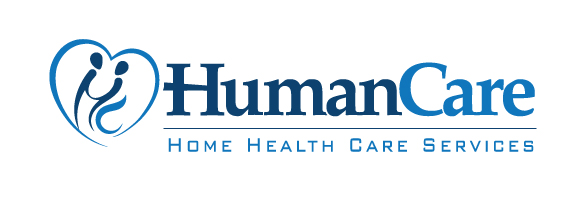

.avif)





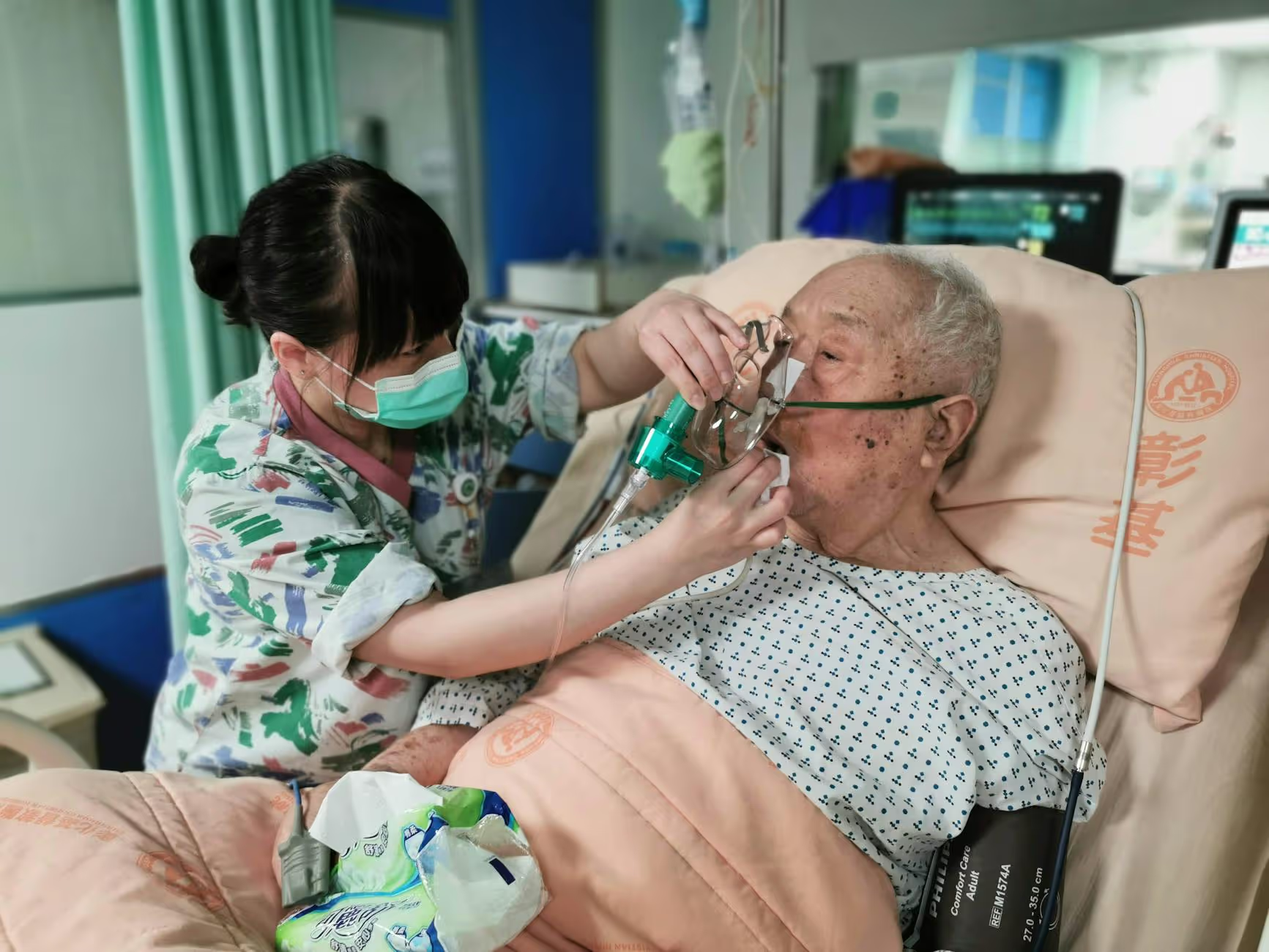
.avif)
.avif)
.avif)
.avif)

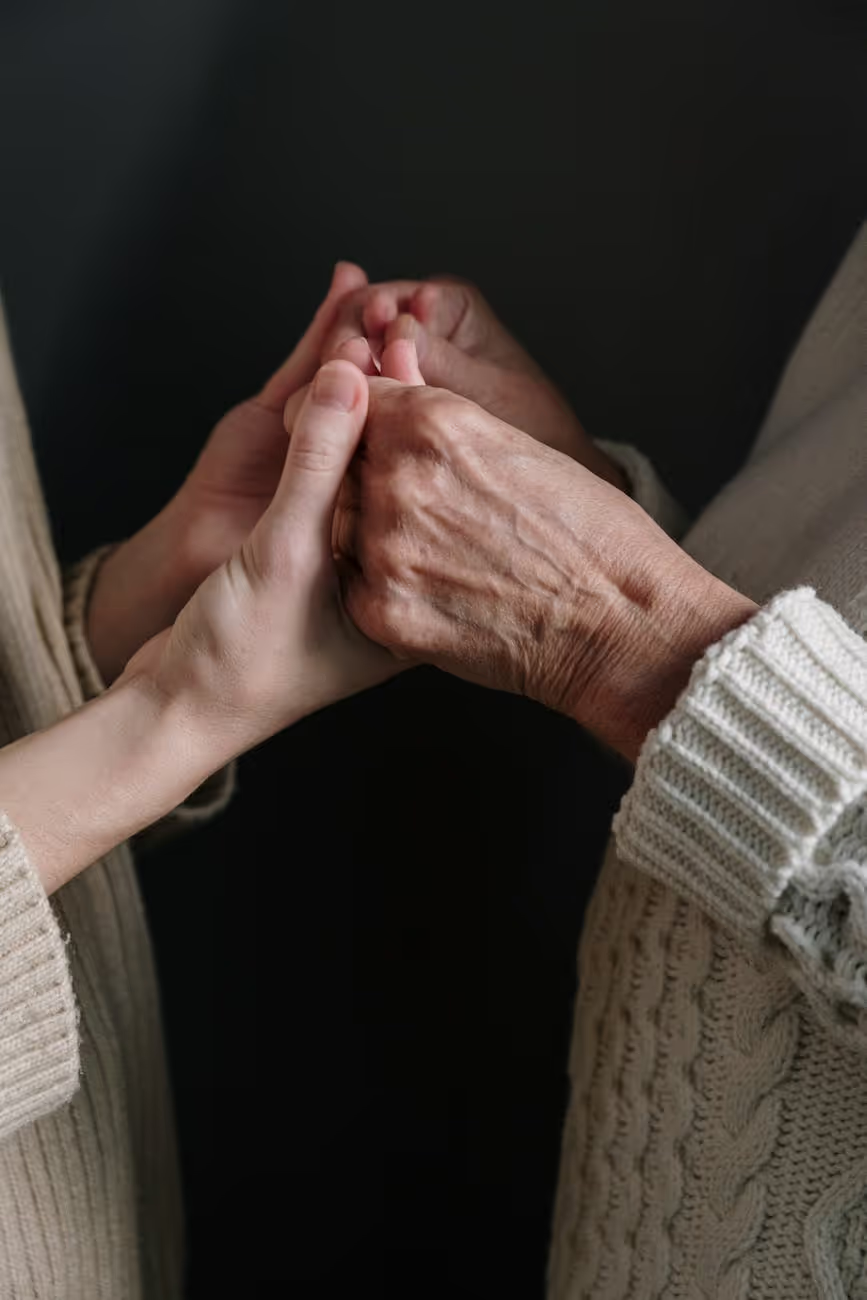

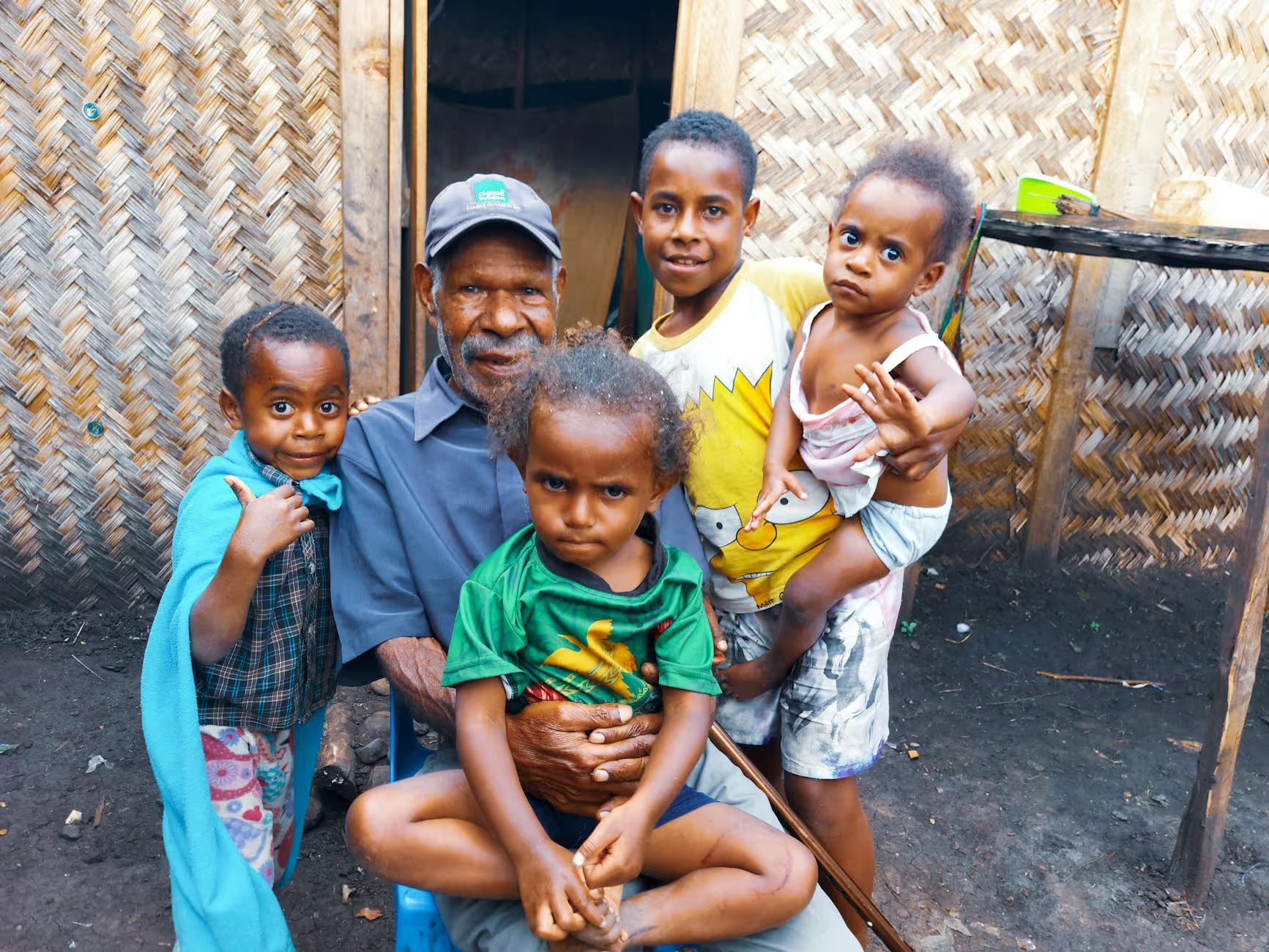



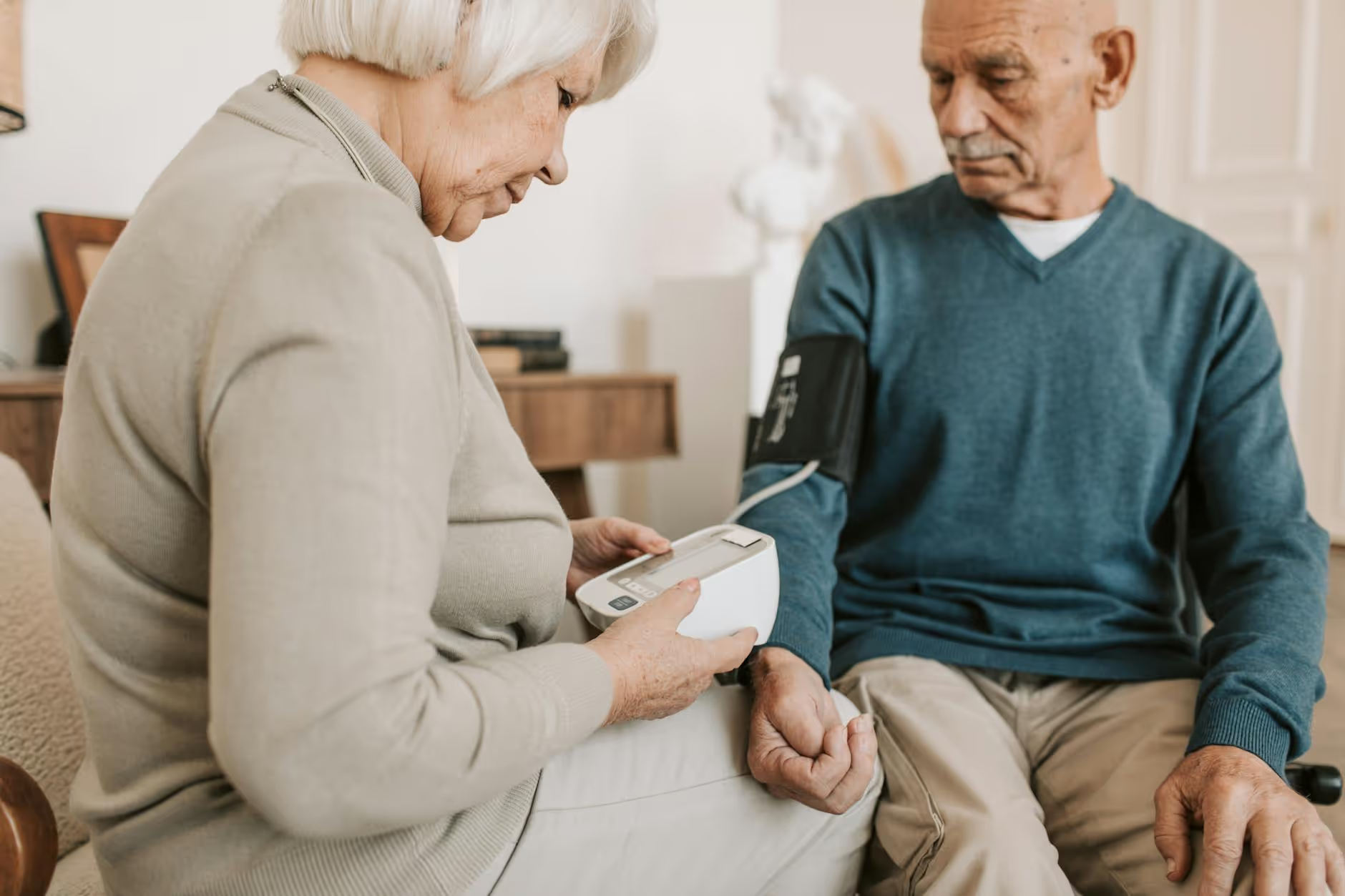


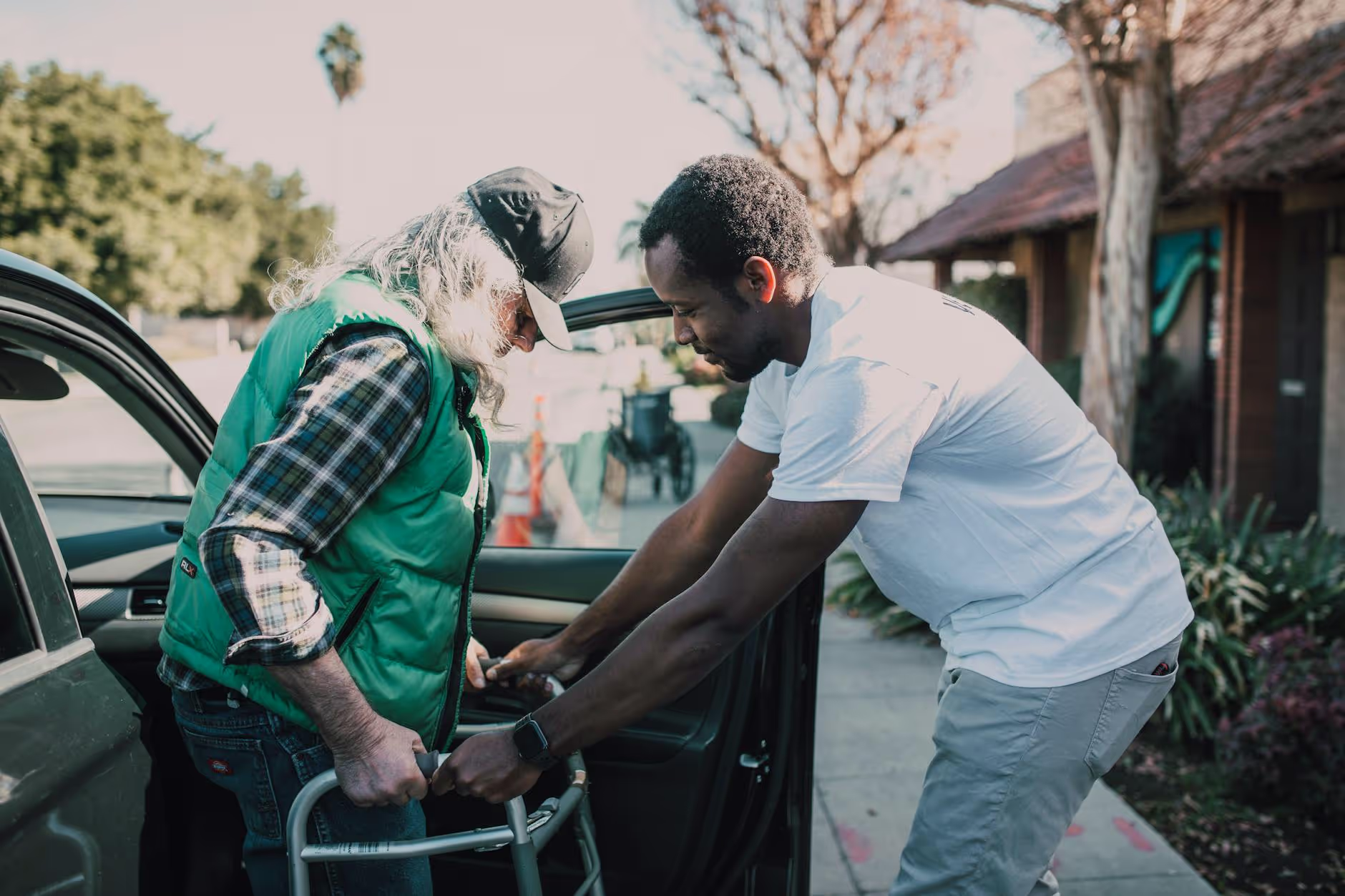






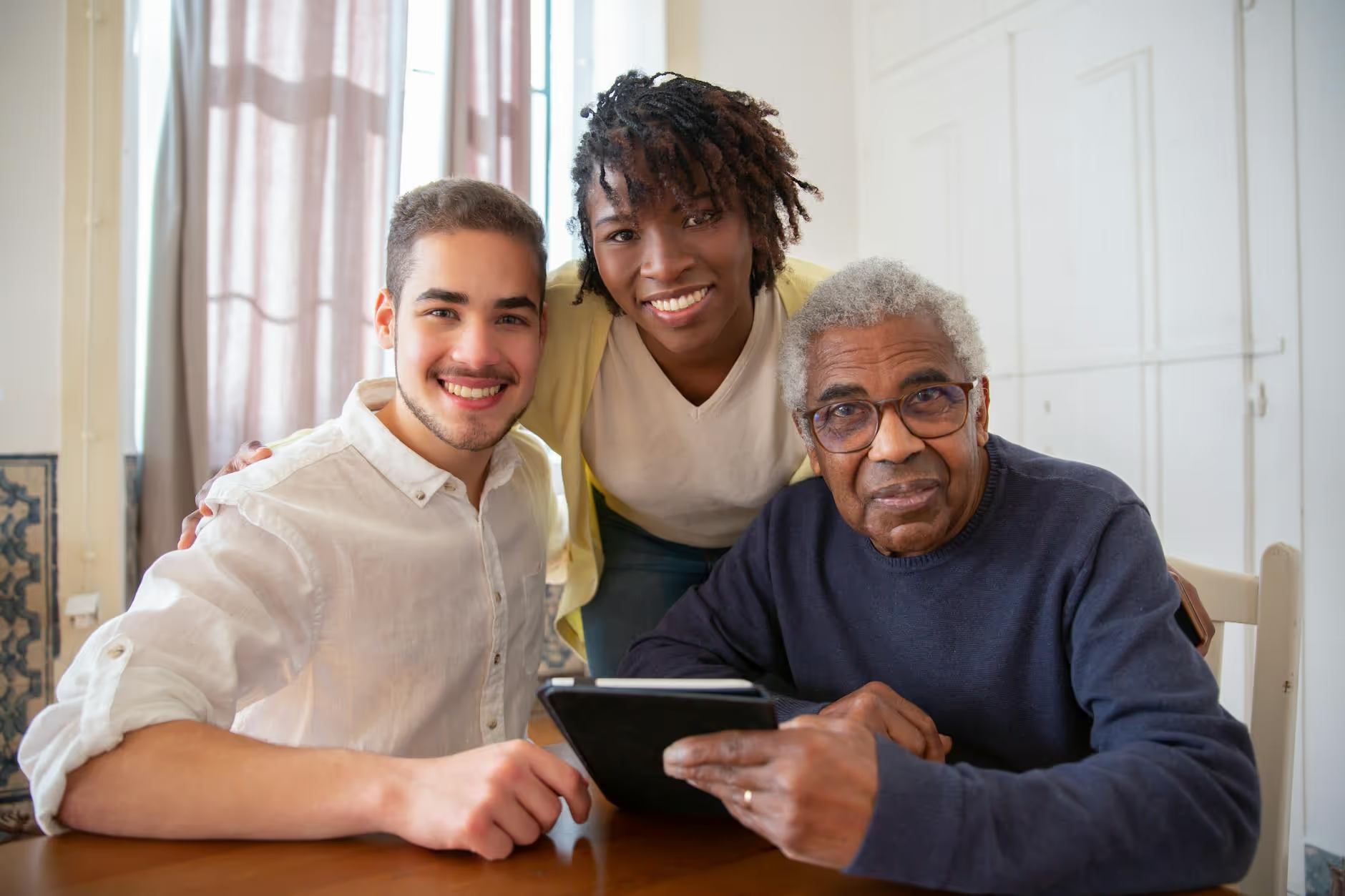





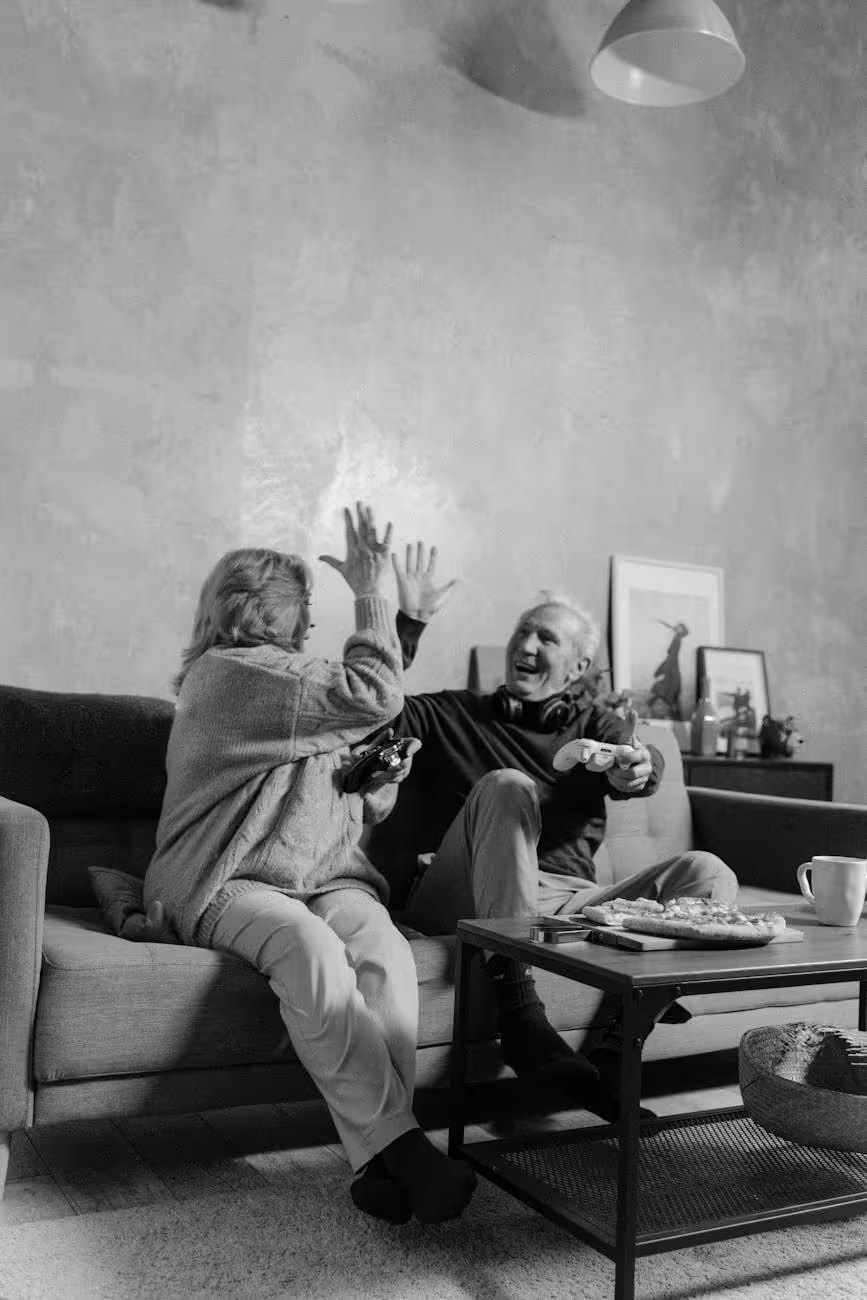

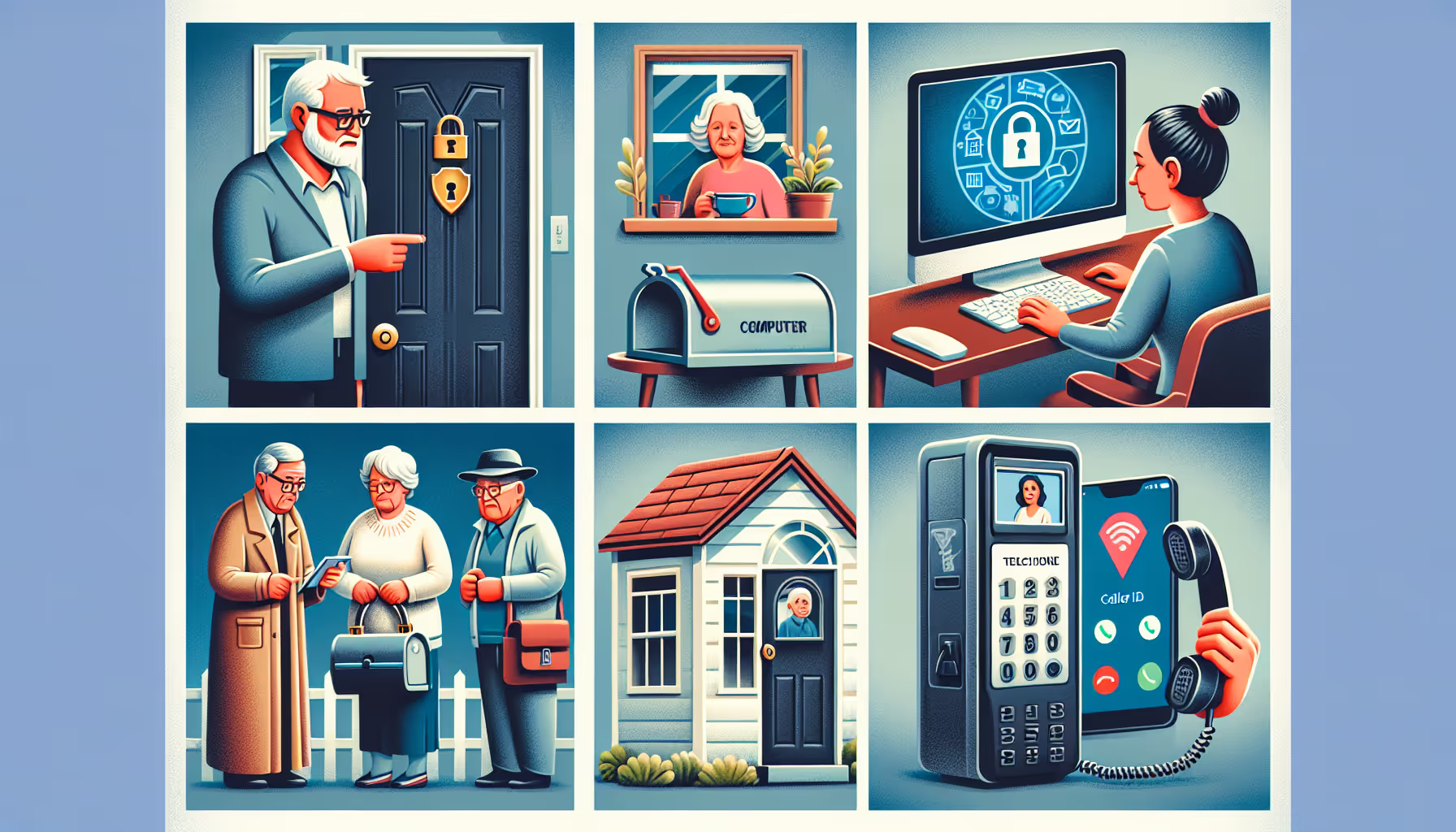
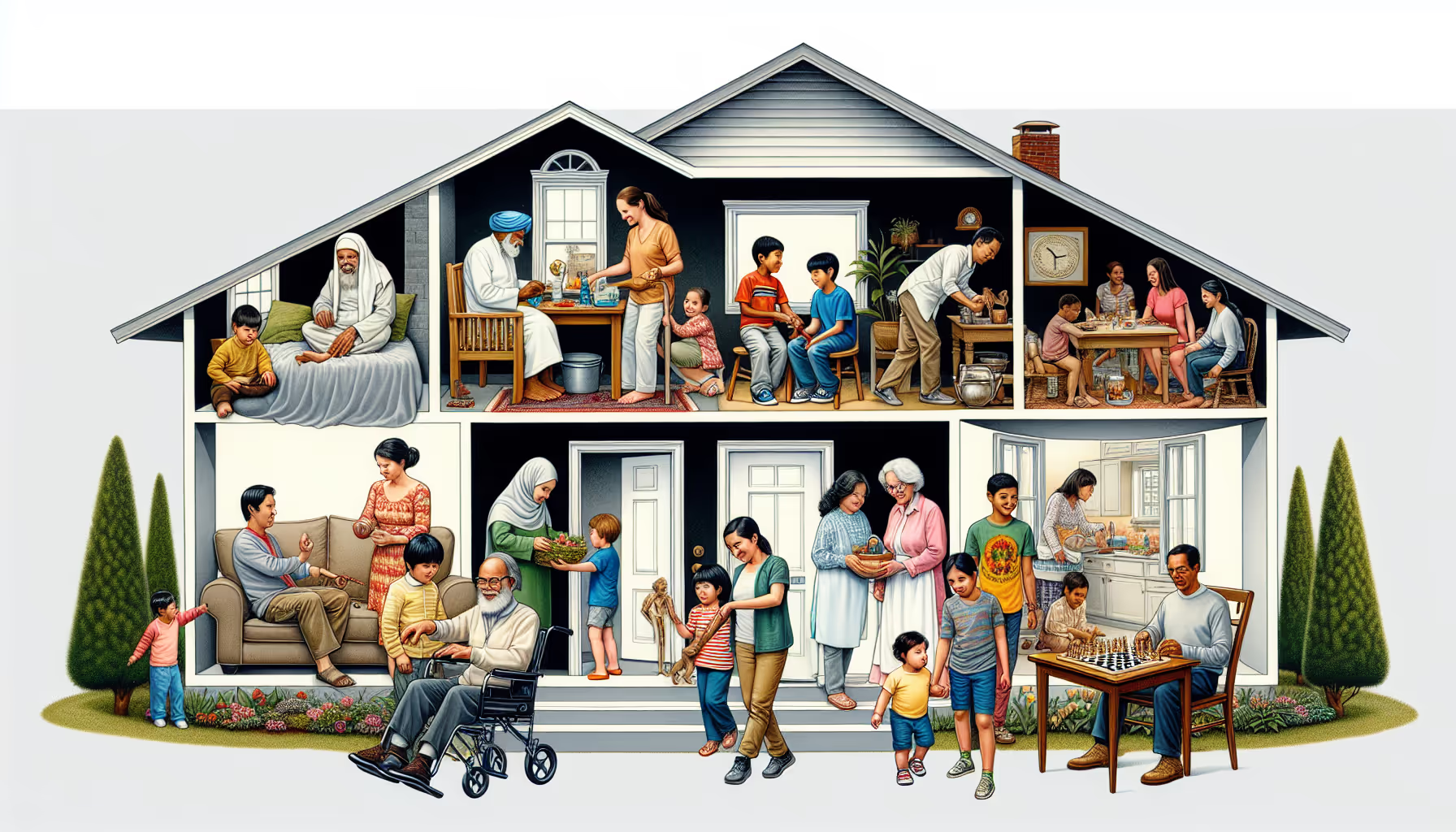
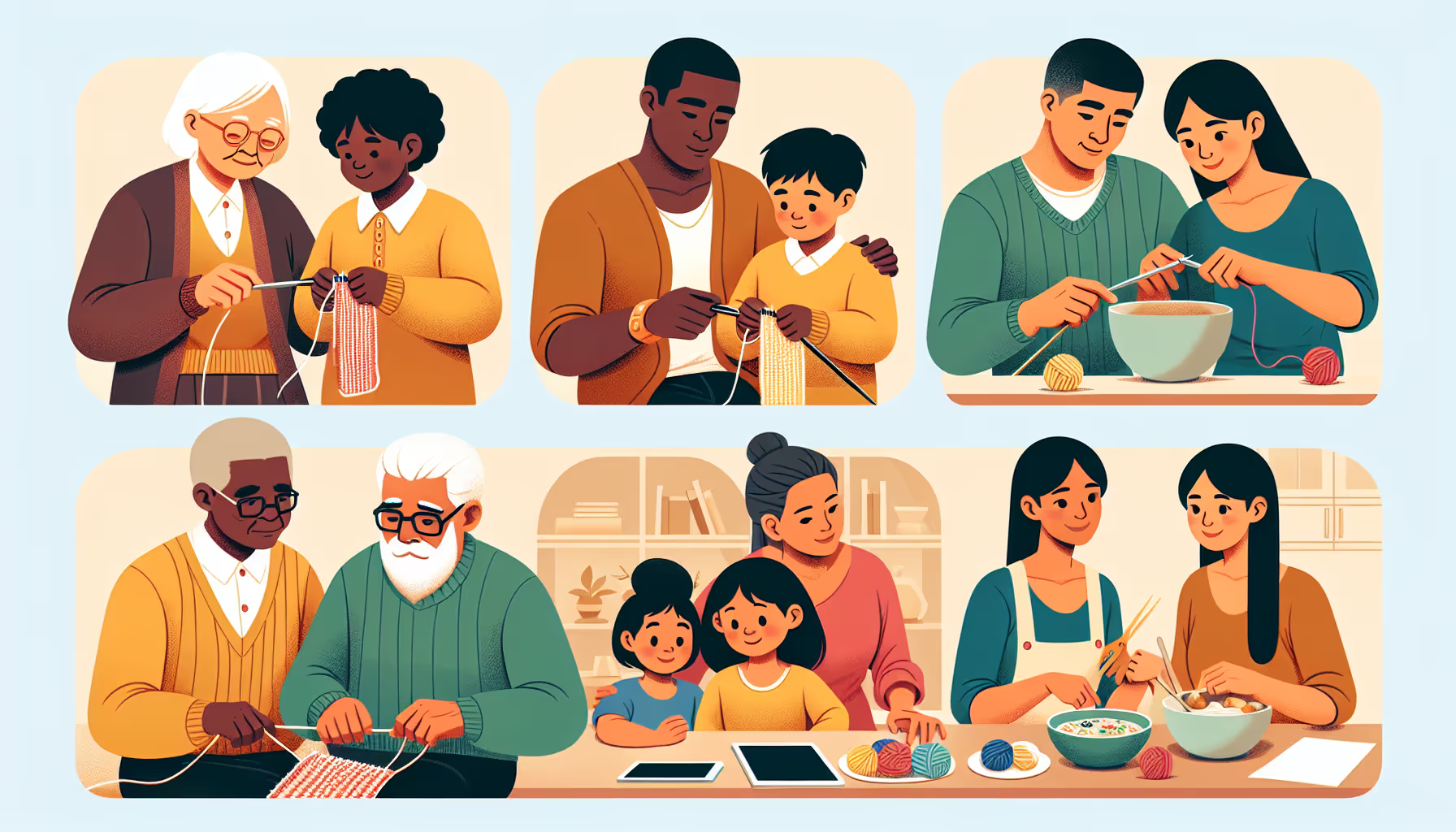



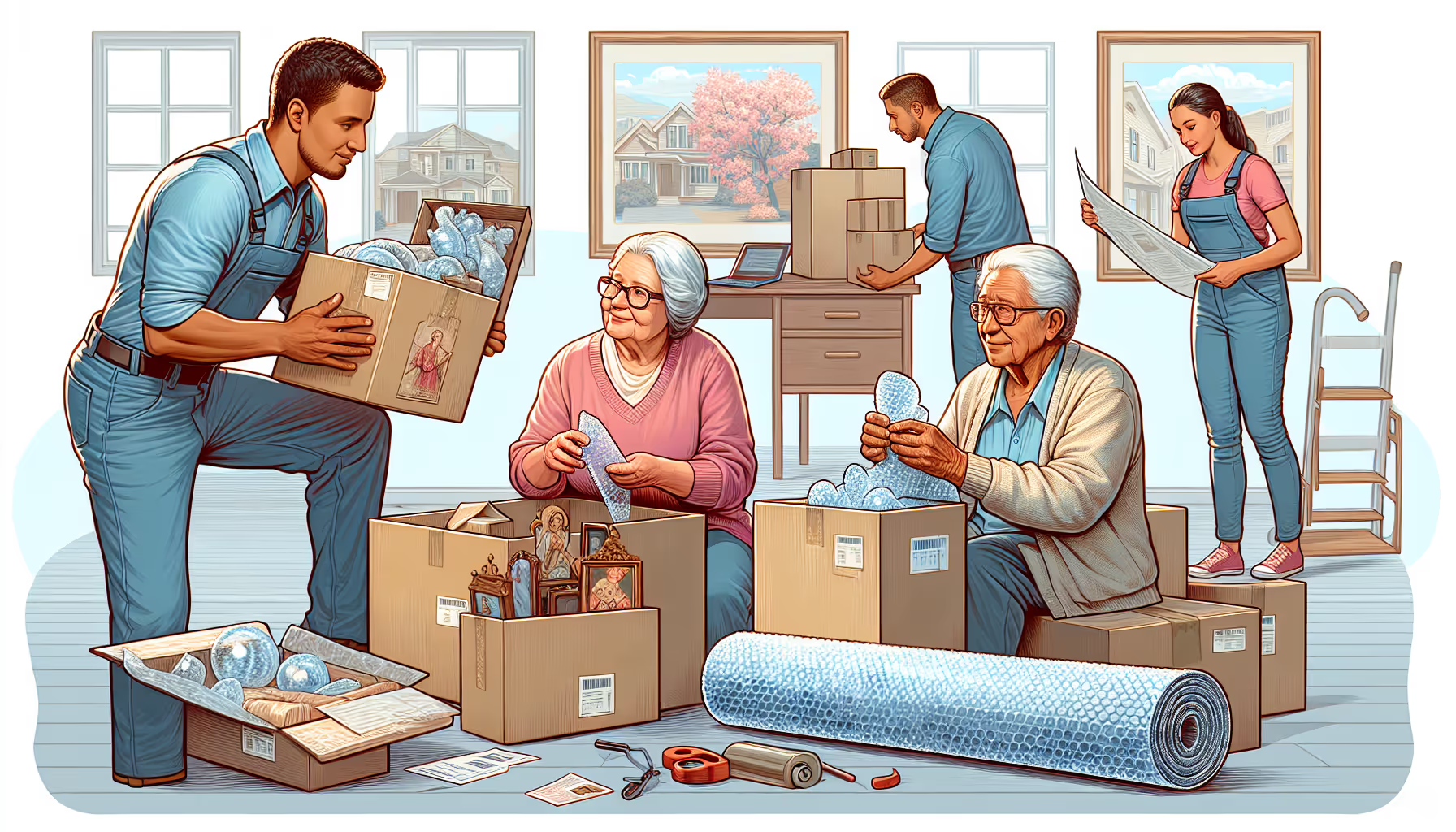
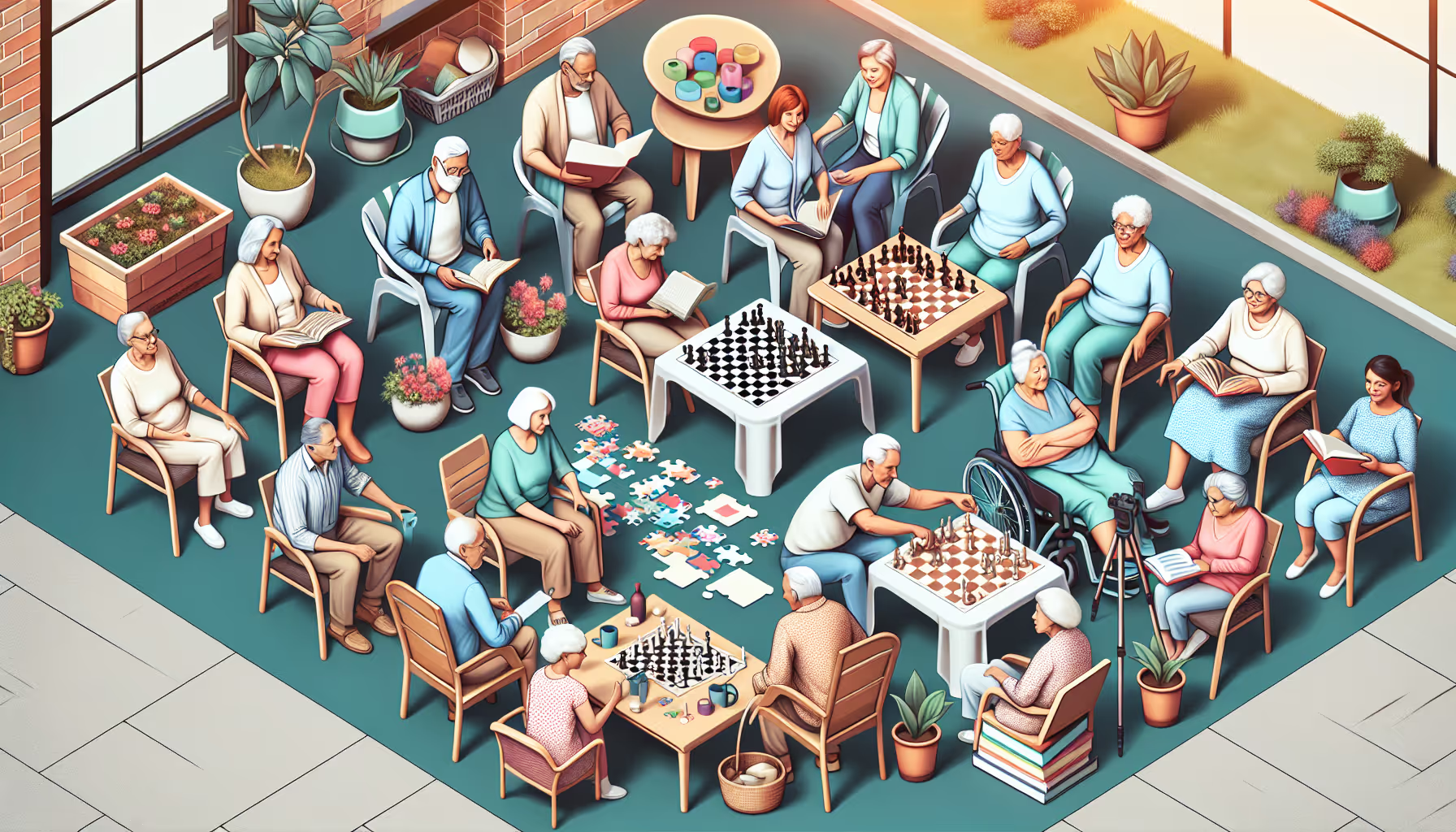
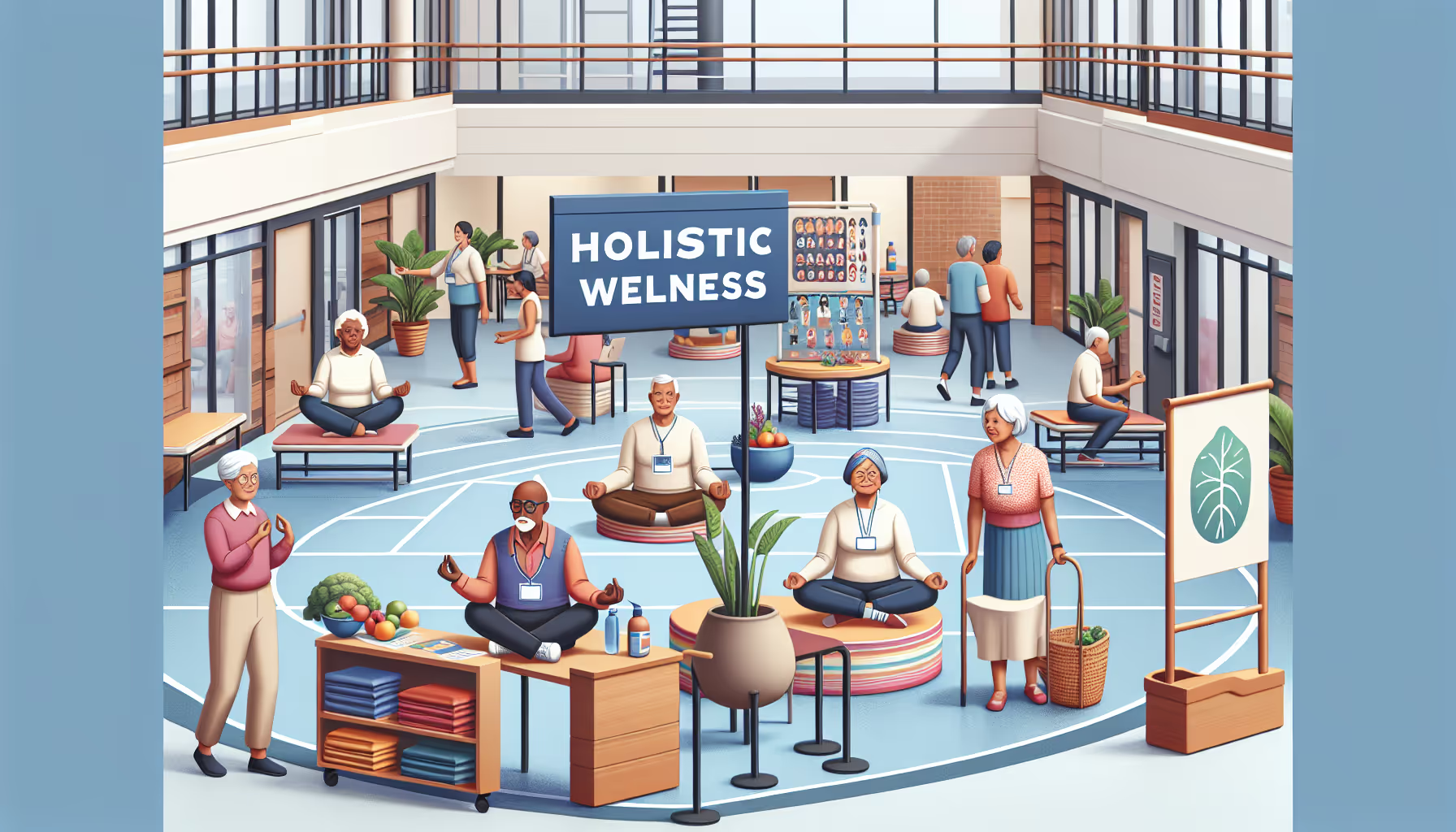


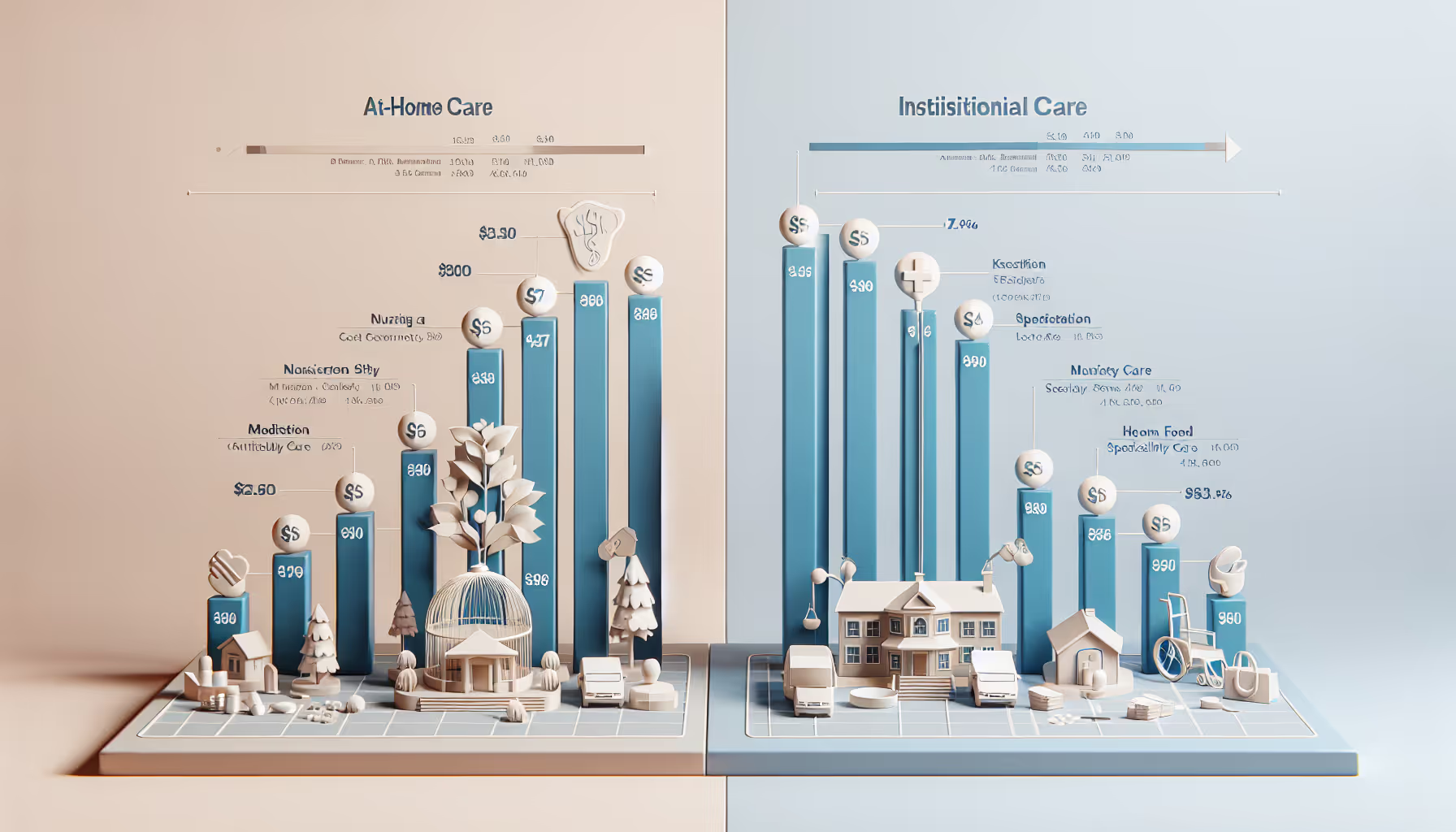
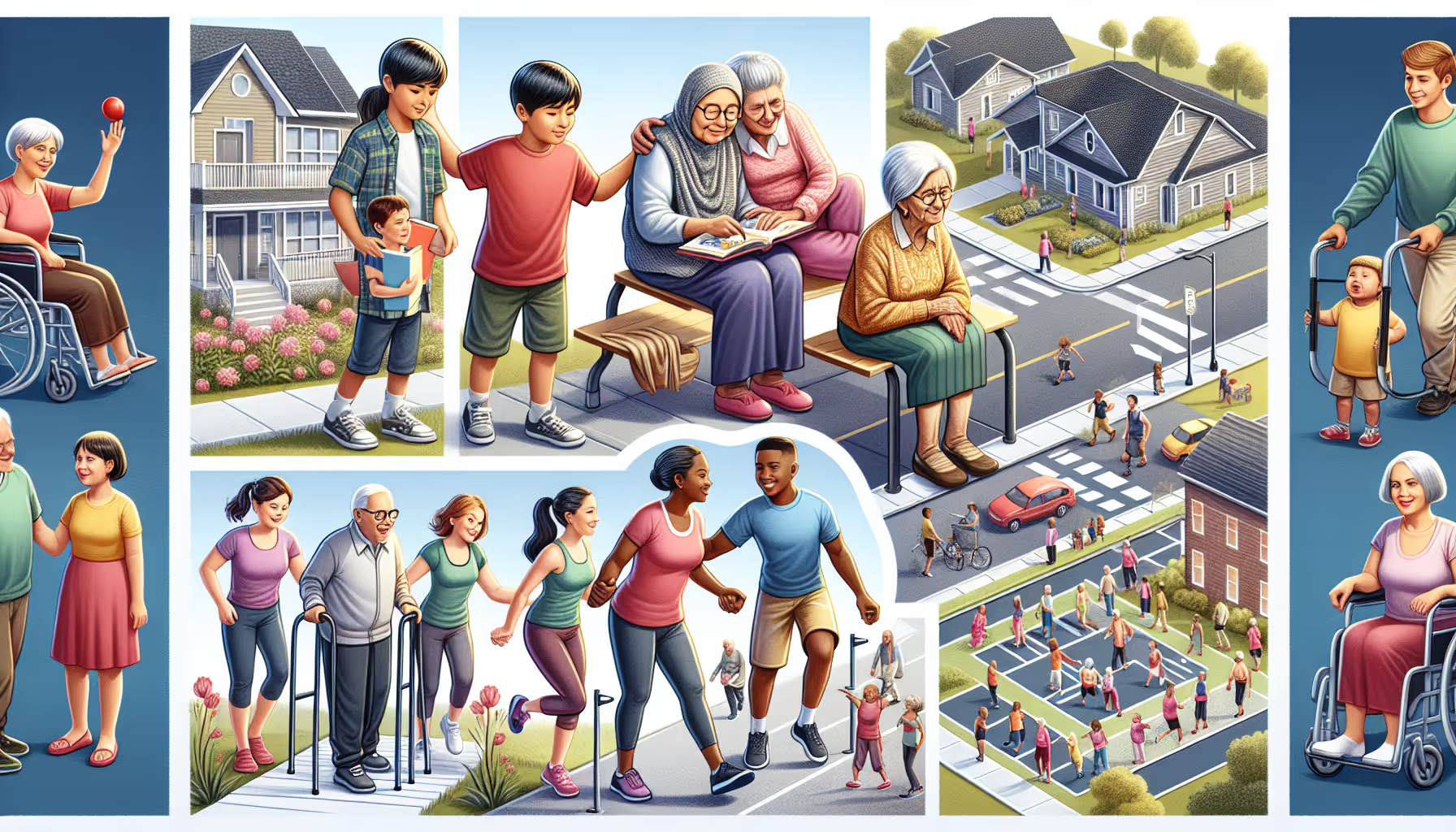




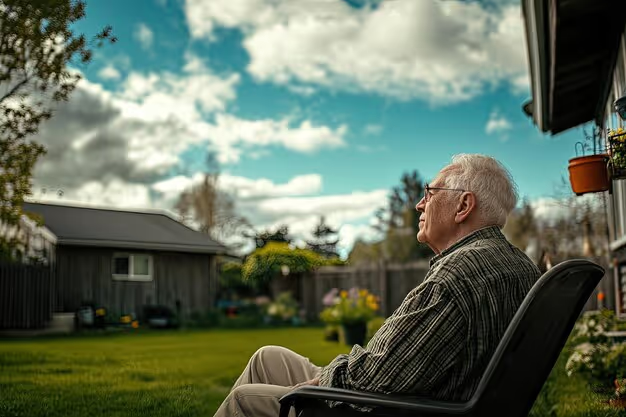
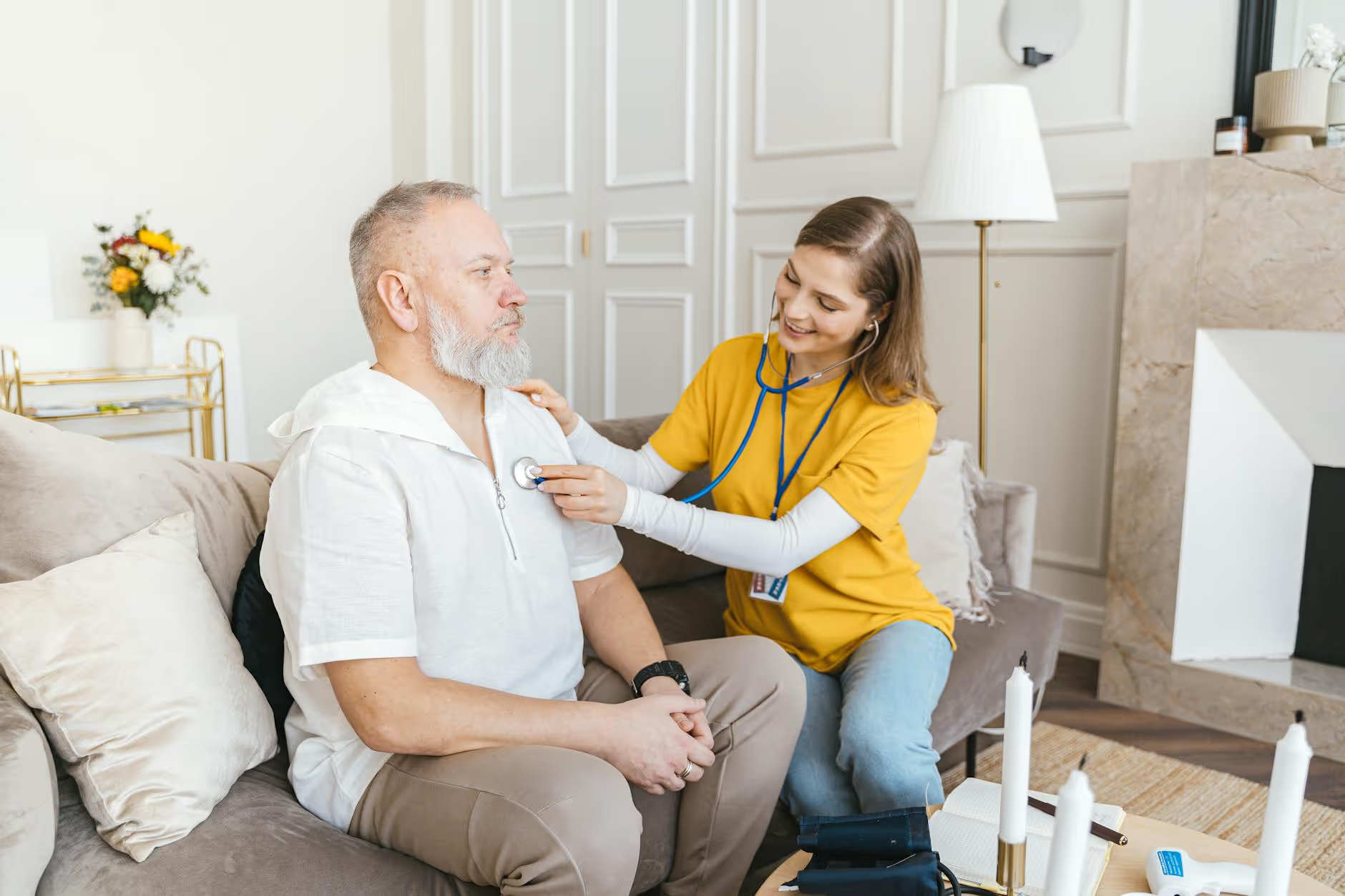




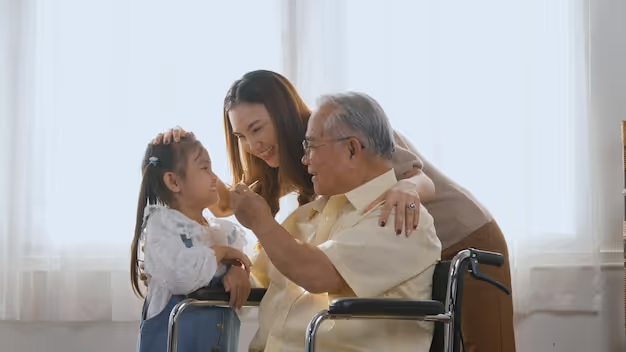




.avif)

